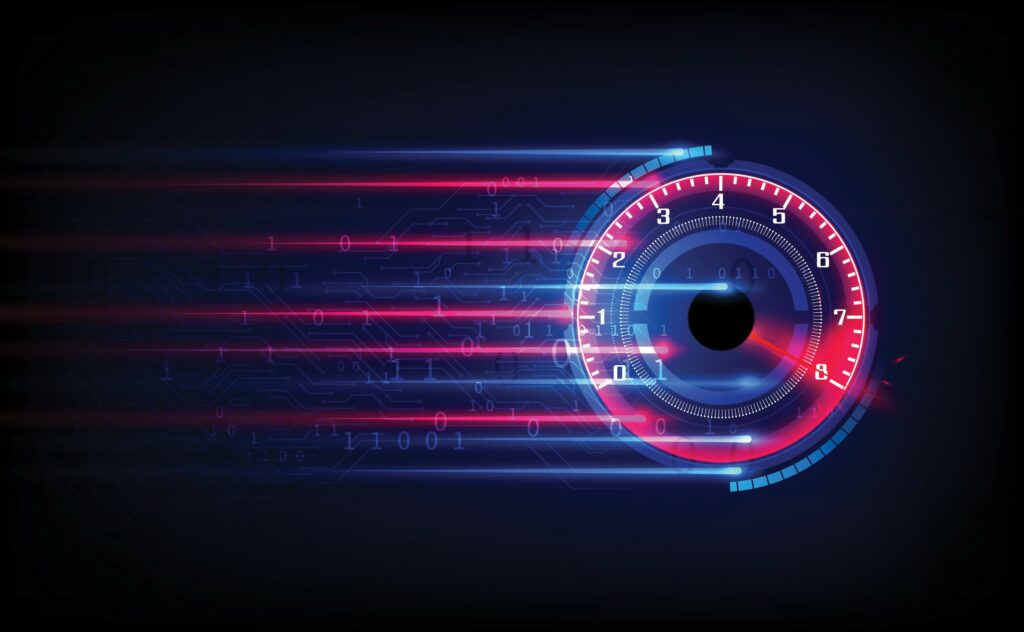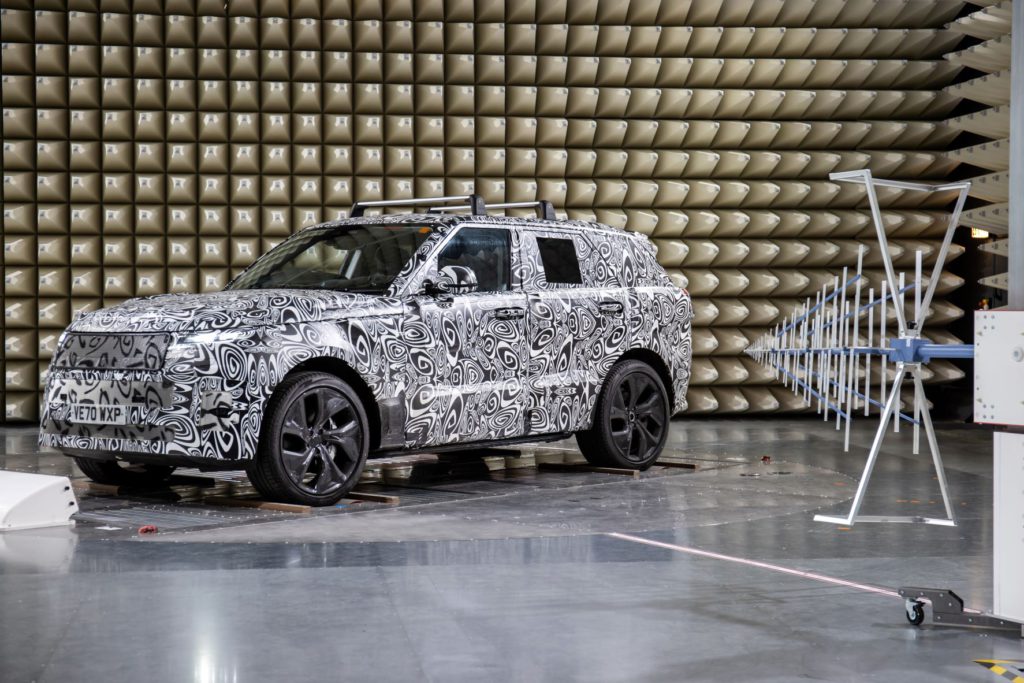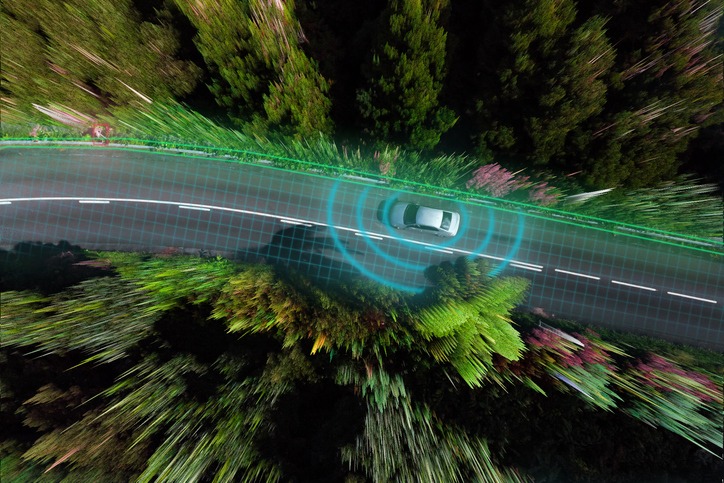Major carmakers make upgrades with over-the-air technology
16 October 2022

As cars become increasingly digital, in-car software and the ability to update systems remotely will only become more central to vehicle functionality. Recently, several major automotive companies announced plans to upgrade their digital in-vehicle offerings and increase implementation of over-the-air (OTA) systems.
Carmakers are adjusting to a more connected, software-driven, and digitally-focused world. Both BMW and Hyundai confirmed their latest steps in this brave new world, including large-scale OTA updates and major investments.
Millions of vehicles
The German carmaker confirmed the release of its latest free remote system upgrade for vehicles running BMW operating system (OS) 8. Similar upgrades for models using OS7 will also be available shortly. Set to benefit around 3.8 million vehicles, these updates underline how OTA technology is entering the mainstream. Some of the most significant safety upgrades include an enhanced exit-warning function, lane-keeping improvements, and front-collision warning with braking intervention.
The latest software upgrades also include extensive improvements to the electric-vehicle (EV) charging navigation. For BMW iX and i4 models manufactured before July 2022, upgraded systems will optimise a route for charging, and alternatives will be calculated if the range becomes insufficient to reach the desired destination.
The integration of Amazon Alexa in OS8 means users will be able to edit shopping lists, play media, and control compatible smart-home devices with their voice. . New driving modes including ‘relax’ and ‘expressive’ also create different interior experiences by adjusting seats and ambient lighting. The number of users who can add the same vehicle to the My BMW App has increased too.

As well as the updating of in-car software, BMW announced a partnership with gaming platform AirConsole, which will bring casual gaming into new models from 2023.
Designed to be integrated with BMW’s curved display, the platform will offer a variety of games that will run directly inside the vehicle’s entertainment system. The AirConsole technology allows games to be delivered instantly over the air and can be controlled via smartphone.
‘With AirConsole, we will leverage innovative technologies combined with a broad variety of fun and multiplayer games,’ said Stephan Durach, senior vice president, BMW Group Connected Company Development. ‘This will make every waiting situation inside the vehicle, such as charging, an enjoyable moment.’
Hyundai plans radical digital expansion
Korean carmaker Hyundai Motor Group announced a multi-billion Won plan to create a software-defined roadmap, designed to ‘transform customer experience and deliver an unprecedented era of mobility via constantly evolving software technology.’
The company’s new global strategy will centre on installing OTA software updates for Hyundai, Kia, and Genesis models, spanning over 20 million vehicles by 2025. This technology will allow customers to upgrade performance and functionality remotely at any time, without any need to take them to a service centre.
Central to Hyundai’s OTA plans is its connected car operating system (ccOS). Hyundai states this will offer consumers personalised interactivity and the ability to select and purchase functions and features to create vehicles that best match their lifestyles.
Pivotal to Hyundai’s ‘software-defined’ plans is the establishment of a global software centre. As well as this, two new vehicles will be rolled out by 2025 based on the carmaker’s two new EV platforms, eM, and eS. These platforms will be created under the Group’s Integrated Modular Architecture (IMA) system.
‘By transforming all vehicles to software-defined vehicles by 2025, Hyundai Motor Group will completely redefine the concept of the automobile and take the lead in ushering in a never-before-experienced era of mobility,’ said Chung Kook Park, president and head of R&D division, Hyundai Motor Group. ‘Creating visionary vehicles empowered with the ability to evolve through software will enable customers to keep their vehicles up to date with the latest features and technology long after they have left the factory.’



